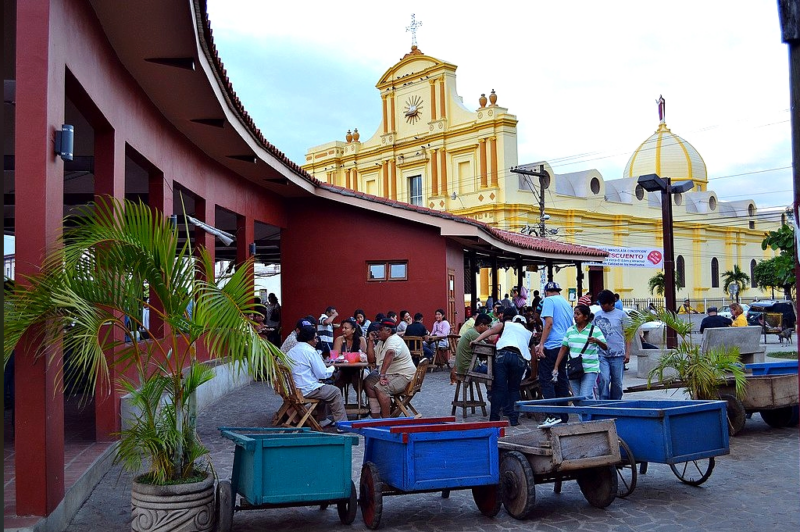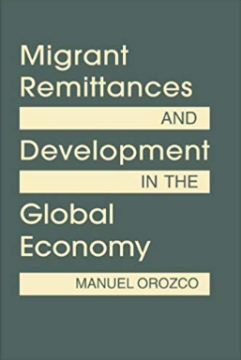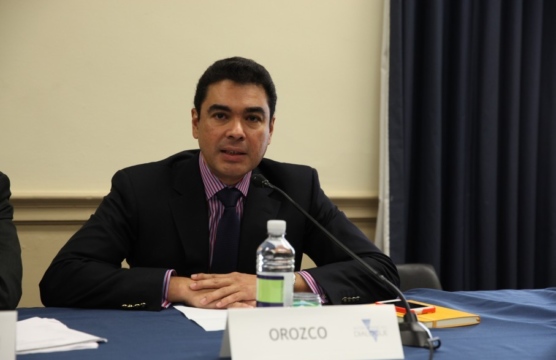The Earthquake’s Impact on Remittances
The earthquake in Haiti has exacerbated an existing distress during the international recession and increased uncertainty of what to do and how to help.
The following is a presentation from the Migration, Remittances, and Development Program that provides a robust overview of Nicaraguan migration in recent years, its drivers, and its impacts. Data indicates that Nicaraguans left the country in large numbers last year due to combined economic and political factors. The intention to migrate correlates directly and indirectly with political conditions. The research also finds that around 46 percent of households in Nicaragua receive remittances, however remittance growth historically tends to decelerate over time as the diaspora grows. While Nicaraguans abroad are sending their compatriots financial support in record amounts, Nicaragua’s economy remains stagnant and lacks growth in productivity.
The earthquake in Haiti has exacerbated an existing distress during the international recession and increased uncertainty of what to do and how to help.
How do patterns of migration and remittances differ across regions? What kinds of frameworks support the contributions of remittances to local development?
On February 24th, the Inter-American Dialogue held its annual event on Remittances to Latin America and the Caribbean.
 Alam Ramírez Zelaya / Flickr / CC BY-NC-ND 2.0
Alam Ramírez Zelaya / Flickr / CC BY-NC-ND 2.0

